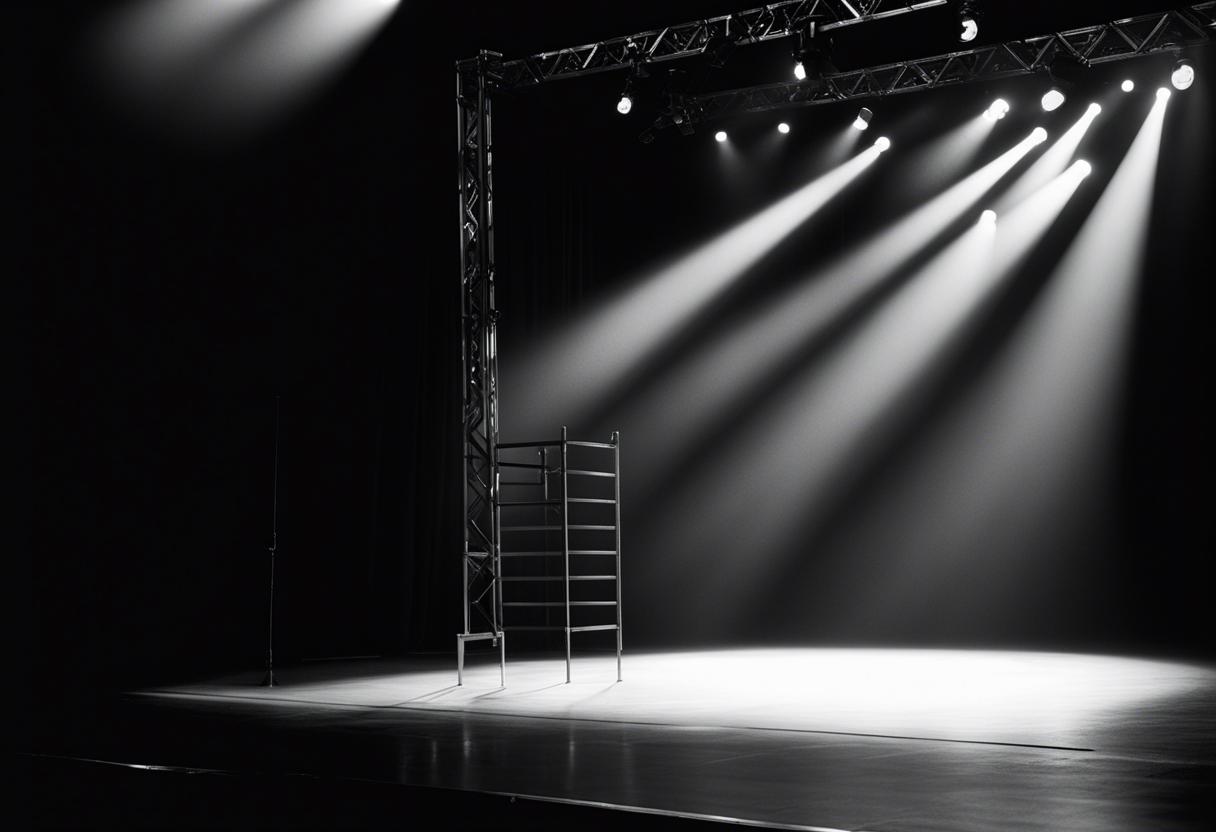Widely acclaimed for his creation of BBC’s Sherlock, Steven Moffat is dipping his toes into the world of comedy with his latest offering, Douglas Is Cancelled (aired on UTV each Thursday at 9pm). This new satire centres around a significant and perplexing mystery, which curiously mirrors the question of how this show attempts to tackle the convoluted realm of cancel culture.
Certainly, the subject matter is ideal for ridicule, especially as we’ve all witnessed the ruthless manner in which social media users single out an unsuspecting individual and tear them apart. Nonetheless, it’s the comedy’s clumsy effort at portrayal and the overzealous way it mocks any individual who tries to be “woke”, that are its fundamental shortcomings.
“Douglas”, portrayed by Hugh Bonneville, is beloved daytime TV host Douglas Bellowes, a typical fit for the UK television scene’s penchant for creating endearing and nationally treasured personalities. Douglas is well-liked and shares a humorous rapport with Madeline, his co-host, played by Karen Gillan. However, a social media complaint on a “sexist joke” Douglas supposedly made at a wedding challenges his amiable image (portrayed engagingly by the ever dependable Bonneville).
The complaint immediately transforms Douglas into an awkward presence amongst his friends. His agent assures him that all will be good again, if only Douglas should own up to the joke he struggles to recall. At the same time, his wife Sheila (Alex Kingston) – a editor at a London based newspaper notorious for crushing celebrities, forewarns that the seemingly virtuous Madeline might not be as faithful as he envisions.
Douglas Is Cancelled audaciously strives for a blend of the mordant wit of Succession along with the excruciating awkwardness of Armando Iannucci’s The Thick Of It. Moffat, notwithstanding his lack of association with comedy, endeavors to deliver sardonic, snap, and witty dialogue, but sadly, it falls flat right from the start.
A problem arises when the script doesn’t effectively handle the portrayal of its female characters, leaving them as mere symbols and placeholders. This includes characters like Madeline, portrayed by Gillan as a fusion of Holly Willoughby and Susanna Reid analogues, and Claudia, Douglas’s socially conscious student daughter played by Madeline Power. The script prompts us to mock Claudia’s conviction about the male-dominated society.
In recent times, British television has not been devoid of contentious issues and scandals. The storyline of ‘Douglas Is Cancelled’ mirrors some reflections from real-life incidents involving personalities such as Phillip Schofield and Huw Edwards. However, the allegations they faced were considerably graver than those presented against Douglas in the script, and Moffat fails to breach the boundaries of believability. ‘Douglas Is Cancelled’ may contain numerous points to deliberate, but it undoubtedly lacks an essential component for any satire: a sound sense of humour.

